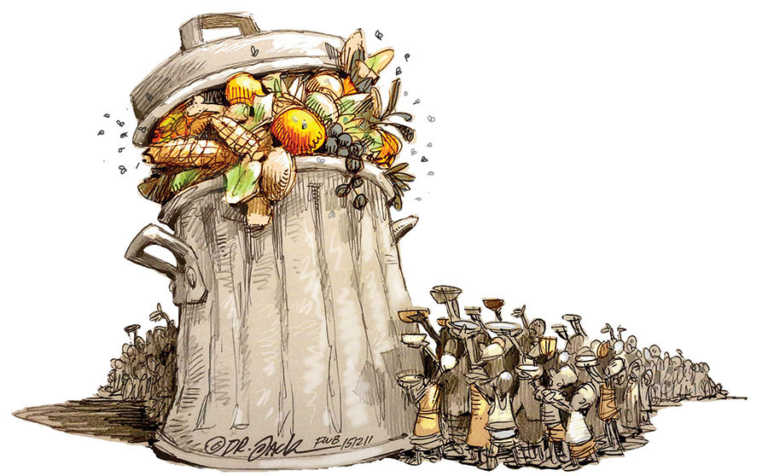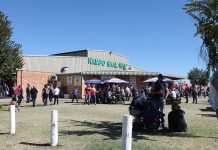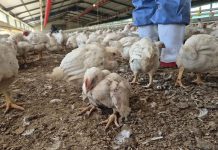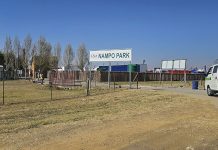
This amounts to one-third of the 31 million tons of food produced annually in the country.
READ Turning pig waste into energy
Fruits, vegetables and grains account for 70% of the wastage and loss. Approximately 50% of this occurs on the farm and at the post-harvest stage. Processing and packaging account for a further 25% of losses, distribution and retail are responsible for 20%, and consumers waste 5%.
In a bid to build awareness of the problem and encourage consumers to save food and thereby help to transform the food system, WWF SA offered a number of suggestions in the report:
- Become curious about your food and where it came from. Get to understand the remarkable journey it took to arrive at your table; this will help you value your food more.
- Understand date labels. ‘Sell by’ is information for the grocer, not the customer. Food past its sell-by date is generally still good to eat for several more days. When in doubt, smell the food.
READ Turning food waste into tyres
- Make wiser decisions when shopping for food by doing better meal planning and checking fridge stock beforehand.
- Avoid multi-pack promotions (e.g. buy one, get one free) if they are not really necessary. Buy only what you will consume.
- Prepare the right quantity of food (not too much) and don’t serve more than can be eaten.
- Freeze leftover or surplus food for later use.
- Store fresh produce where it is easy to see, on eye-level shelves in the fridge or on countertops where it is likely to be seen and eaten.
- Reuse packaging that can be used for an alternative purpose, and recycle and compost wherever possible.









